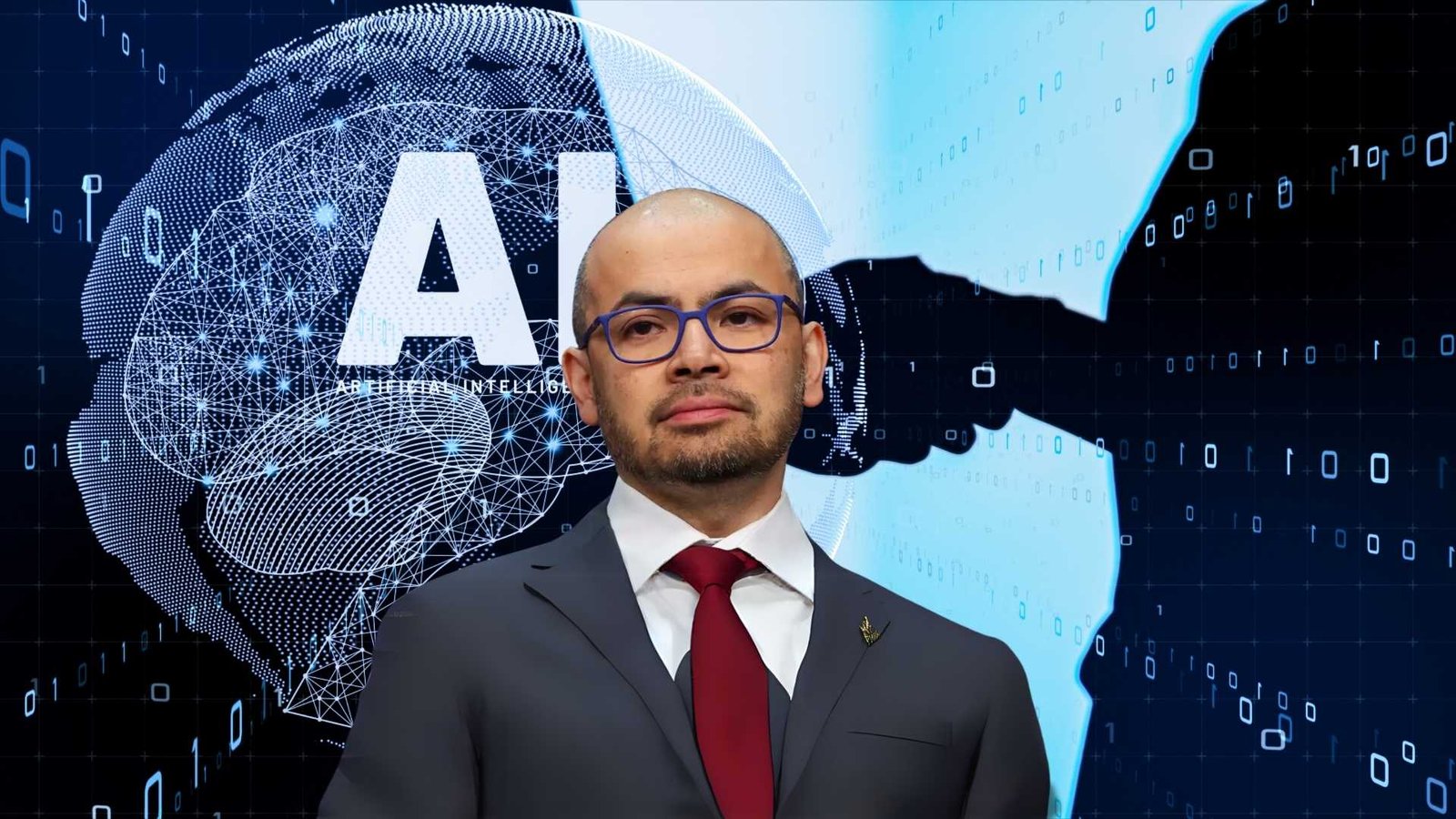Imagine a world where diseases—chronic, genetic, infectious—no longer exist. A world where the journey from lab to life-saving drug doesn't take a decade, but a few weeks. This isn’t the plot of a sci-fi film. According to Demis Hassabis, co-founder and CEO of Google DeepMind, it’s a very real possibility, and it could happen within just one decade.
A Bold Vision: Ending All Disease with AI
In a recent interview on CBS' 60 Minutes, Hassabis shared his visionary outlook:
“On average, it takes ten years and billions of dollars to design just one drug. We can maybe reduce that down to months or even weeks. That sounds incredible today, but so did predicting protein structures a few years ago.”
This isn’t just speculation. Hassabis believes that AI could dramatically speed up drug discovery, better understand disease mechanisms, and even design tailor-made treatments. With these breakthroughs, he believes we could “one day maybe cure all diseases with the help of AI.”
When asked directly if AI could lead to the end of all diseases, the 48-year-old British scientist replied:
“I think that’s within reach. Maybe within the next decade or so, I don’t see why not.”
Support From an Unlikely Corner
What makes this prediction even more fascinating is the response it received—from a direct competitor.
Aravind Srinivas, CEO of Perplexity AI (a fast-growing rival to Google’s search engine), didn’t just agree. He praised Hassabis on X (formerly Twitter), saying:
“Demis is a genius and he should be given all resources in the world to make this happen.”
The AI industry may be competitive, but when it comes to revolutionizing healthcare, it seems there’s a shared belief in the power of collaboration and vision.
One Billion Years of PhD Time… in One Year?
This isn’t just hype. DeepMind has already proven how far AI can go.
In a conversation with LinkedIn’s Reid Hoffman, Hassabis explained that their AI had accomplished something previously unimaginable:
“We did a billion years of PhD time in one year. That used to take a PhD student four or five years to discover one protein structure. We mapped 200 million proteins in one year.”
Why does this matter? Because proteins are the building blocks of life. If scientists understand how proteins fold and function, they can pinpoint what goes wrong in diseases—and design drugs that fix the problem at a molecular level.
The Bigger Picture: A New Era for Human Health
This isn’t just about speed or cost. It’s about a complete transformation in how we approach human health. From preventive care to precise interventions, AI could unlock insights and solutions we’ve only dreamed of until now.
And companies like DeepMind and Perplexity are not just talking about it—they're building it.
Hassabis’ vision may sound ambitious, but it’s backed by real science, powerful technology, and an industry moving faster than ever before. With AI making strides in understanding biology at a scale never seen before, the question isn't just if we’ll cure diseases—but how soon.
If AI keeps evolving at this pace, a disease-free future might be closer than we think.
What do you think—can AI end all diseases? Share your thoughts in the comments below!
.svg)
.svg)

 For Instructor
For Instructor

